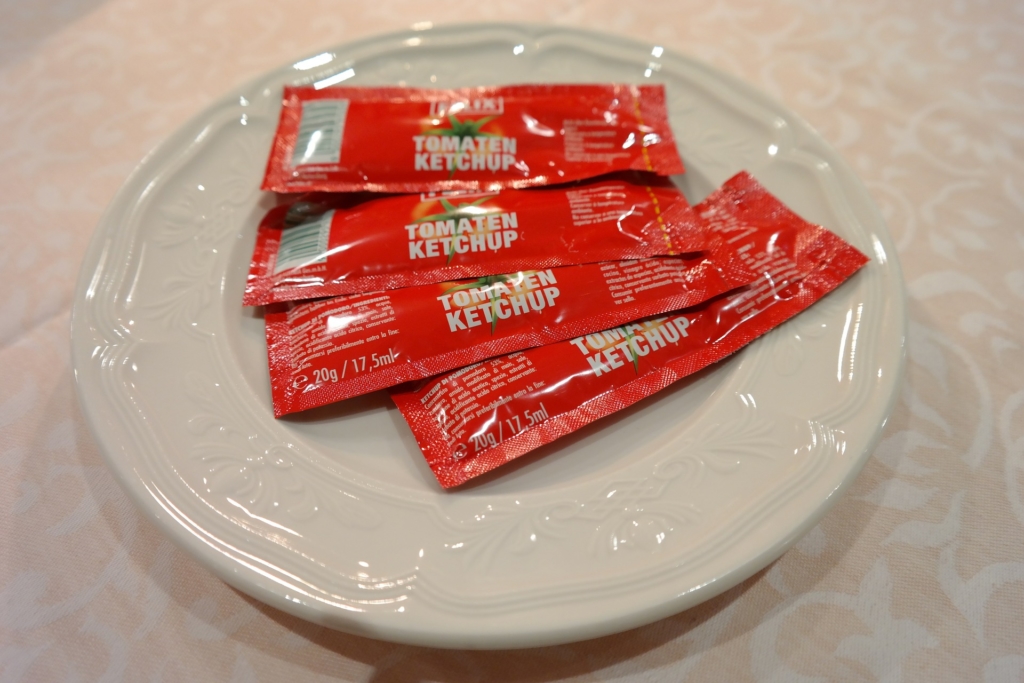What the Sugar Industry Doesn’t Tell You
People all around the world consume sugary treats every day. It’s on every street corner, served at every special occasion (every meal for some), and loved by angry toddlers, hyper kids, growing teenagers and even older adults. Why is this widely-used ingredient so very popular? What does the research show in respect to our health? Check out these four facts about sugar to learn more.
1. Sugar is an (to put it lightly) addictive substance

Every time a cocaine or heroine user partakes in their drug, a specific area of their brain lights up, signaling reward. Research has shown that sugar lights up this same ‘reward’ region in our brain. Sugar is addictive, and because of this, many find it nearly impossible to stop the consumption of it once they’ve started. The craving is undeniable – many people began consuming sugary products before they were old enough to speak!
You may have already heard this, but have you ever wondered why? According to a report from BBC Science:
Many scientists believe a child’s preference for sweet things is an evolutionary hangover, as youngsters who preferred high-calorie foods in times gone by would have had a better chance of survival when food sources were unreliable.
In today’s world, these high-calorie, sugar-abundant foods are readily available. Our ancestors (as recent as the late 19th and early 20th centuries) ate less sugar, if for no other reason than how much harder it was to obtain. These sugar-filled food sources meant more nutritionally for them than they do for us now.
Tip: Be conscious of how much sugar you eat. Any time you feel a craving, simply acknowledge it and move on.
2. Many unexpected foods contain added sugar

According to a research study published in the Journal of the Academy of Nutrition and Dietetics, as much as 74% of packaged foods sold in the markets you shop at may contain added sugar. Manuafacturers add sugar to enhance the flavoring, texture and appearance of food. This report from a pro-sugar industry website makes the substance sound like an extremely important part of our enjoyment of a modern diet.
Some of the more surprising ones include:
- Condiments such as ketchup, mayonnaise and barbecue sauce
- Yogurt
- Tomato sauce
- Salad dressing
- ‘Natural’ granola bars
- Fruit juice
- Bread
- Peanut butter
- Creamer
- Canned fruit
- Anything labeled ‘low-fat’
Tip: The next time you shop for groceries, check out the nutrition facts for any item you may feel suspicious about.
3. The sugar industry silenced naysayers 50 years ago

In November 2017, several news publications broke a story: the sugar industry silenced links to heart disease and bladder cancer around fifty years ago. They cut the research project (codenamed Project 259) short and disallowed any kind of results from being published.
According to University of California San Francisco dentist Cristin Kearns, who has spent 10+ years studying the sugar industry,
“Evidence was emerging in the 1950s and 1960s that linked sugar consumption to heart disease, but the sugar industry was interested in casting doubt on that evidence. In [Project 259] they were proving that to themselves and then saying something different to the public,” per this PBS article.
Tip: Do a little research from both sides and test sugar’s effects for yourself.
4. Artificial sweeteners may not be better

Next time you reach for that diet product, think again. Artificial sweeteners like saccharin, sucralose (Splenda), aspartame, neotame, Steviol glycoside (Stevia) and acesulfam can be dozens of times sweeter than natural sugar and therefore just as addictive. A study published by the American Diabetes Association found daily consumption of diet soda was associated with a higher risk of metabolic syndrome and type 2 diabetes. One reason for this may be because artificial sweeteners are nutritionally benign, meaning that they offer no energy or any sort of nutrients for the body. Also, because they are deemed “diet”, consumers are less likely to monitor their intake levels, often times drinking an excessive amount.












